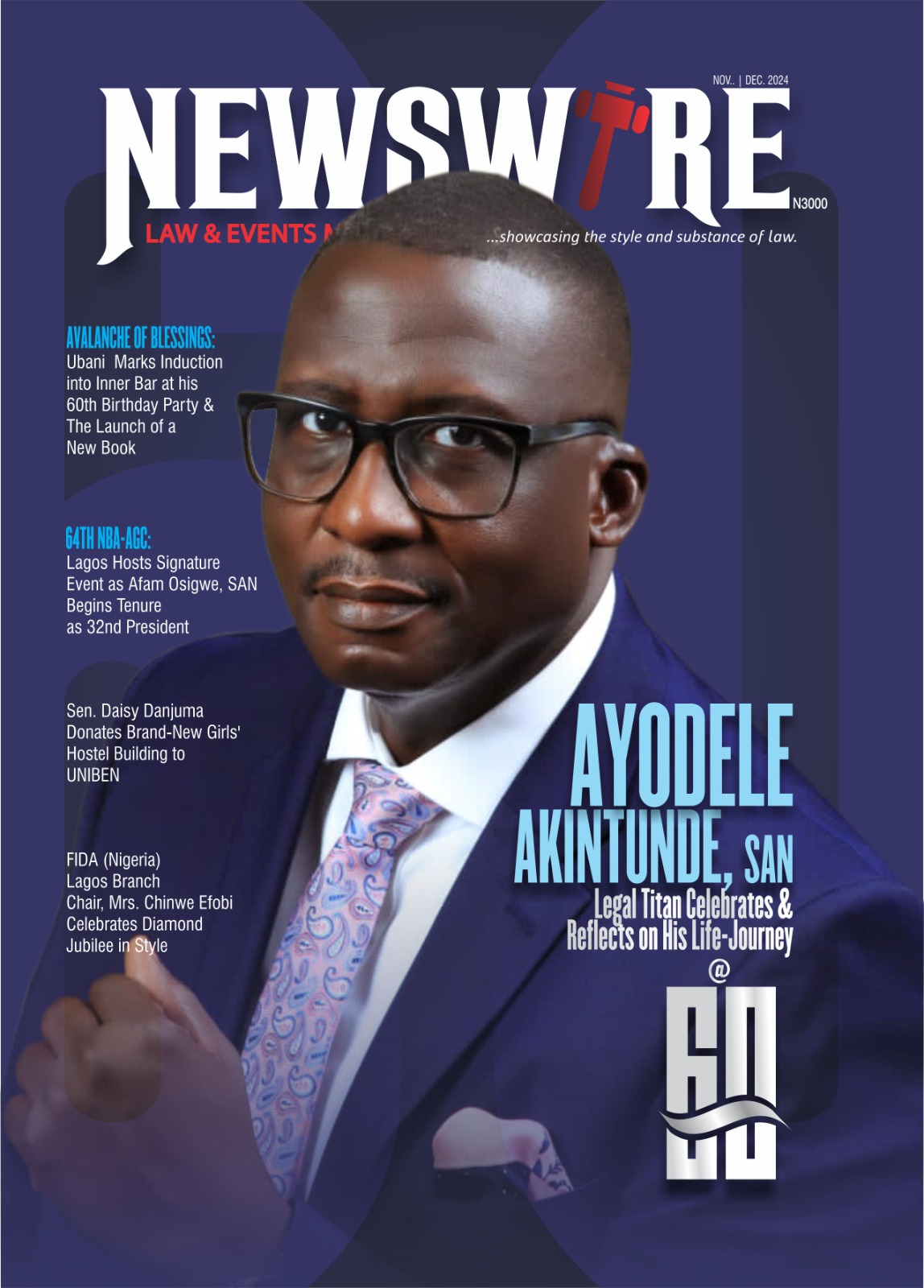Everyone agrees that this is by far the most difficult Nigerian election to predict since at least 1999. In the absence of any definitive augury for forecasting who will win today’s election, most people are deploying the resources of vulgar empiricist data, conjectures, hints from the past, the voices of the loud majority, and enduring socio-historical variables to make guesstimates.
However much some people might want to hide behind their fingers and deny this, the truth is that religious and ethnic considerations are more salient factors in this election than they have been in any election since 1999.
The exclusion of Christians from the top of the tickets of the major political parties (and, to make it even worse, the appearance of two Muslims ticket of the ruling APC) in an election year in which the overriding mood is that a (Christian) Southerner should succeed Muhammadu Buhari is the single most important reason for the changing dynamics in this year’s presidential election.
If the predominant chatter in the Nigerian public sphere (which is admittedly unreliable) is accurate, my prediction is that Peter Obi will win a marginal plurality of the votes cast today but will fall short of the constitutional geographic spread required to be declared the winner, which would necessitate a runoff whose outcome would be as unpredictable as the first round. Here’s my reason for saying this.
The broad coalescence of southern and Christian sentiments that I’ve sensed on social media and in conversations with multiple people clearly indicates that most Christians and southerners outside the Southwest (but I’m reluctant to discount the emergent militantly political Christian nationalism that seems to have taken firm roots in Yoruba land) will vote for Peter Obi. That means, at least in theory, he will dominate one half of the voting population.
APC’s Bola Ahmed Tinubu and PDP’s Atiku Abubakar will divvy up the Muslim vote more or less equally. NNPP’s Rabiu Musa Kwankwaso is projected to dominate the votes-rich Kano State where he seems wildly popular. It’s still anyone’s guess whom between Tinubu and Atiku will win the majority or plurality of the Muslim vote.
Tinubu initially seemed to have had a lock on most of the northern Muslim vote through the instrumentality of the traditional Northern Nigerian Muslim clerical establishment. Then Tinubu’s self-inflicted Quranic recitational misadventures caused a reassessment of his Muslim bona fides and a shrinking of his support. Atiku gained from that.
But in the last few days, Tinubu seems to have bounced back powerfully with parts of the Muslim clerical establishment that had abandoned him. Multiple people have told me that in the past few days many Imams have preached in mosques that Muslims should go out and vote for Tinubu and Shettima to show the world that Muslims enjoy an undisputed numerical dominion in Nigeria, which is basically the Muslim version of what Obi-supporting pastors have been saying in church sermons in the past few weeks. (One Reverend Father threatened to physically assault any church member who didn’t vote for Obi!)
Interestingly, the quiet, renewed rise of Tinubu in the Hausaphone Muslim North is coextensive with the emergence of a vicious and relentless sharing of religiously damaging information about Atiku, which paints him as someone who will hurt Islam, Muslims, and the Fulani people. For example, a November 2022 Vanguard story headlined “I’ll implement CAN’s policy document—Atiku” is being shared wildly and given ominous interpretations in Arewa social media circles. More than 30 different people shared it with me in a single day! Pro-Tinubu Muslim clerics are publicizing it and using it as a basis to question Atiku’s commitment to Islam.
In much of the Muslim North, the Christian Association of Nigeria (CAN) is synonymous with the vilest evil imaginable. People are socialized to see it as the single greatest threat to Nigerian Muslims and is to Northern Muslims like a red rag to a bull. A Muslim saying he’ll implement CAN’s policy document is seen as signing a pact for the mass annihilation of Muslims.
But the headline is misleading; its content isn’t nearly as menacing as it sounds. I took the trouble to read the actual story and found that all Atiku said was that several of the policy positions that CAN advocated in its document, such as diversifying the economy to move it away from dependence on oil, were consistent with his own policy document and with a book he wrote when he was vice president.
-Advertisement-
Grab our latest Magazine, "Ayodele Akintunde, SAN: Legal Titan Celebrates and Reflects on His Life Journey.". Get your order fast and stress free.
For more details about Newswire Law&Events Magazine, kindly reach out to us on 08039218044, 09070309355. Email: newswiremagazine@yahoo.co.uk. You will be glad you did








